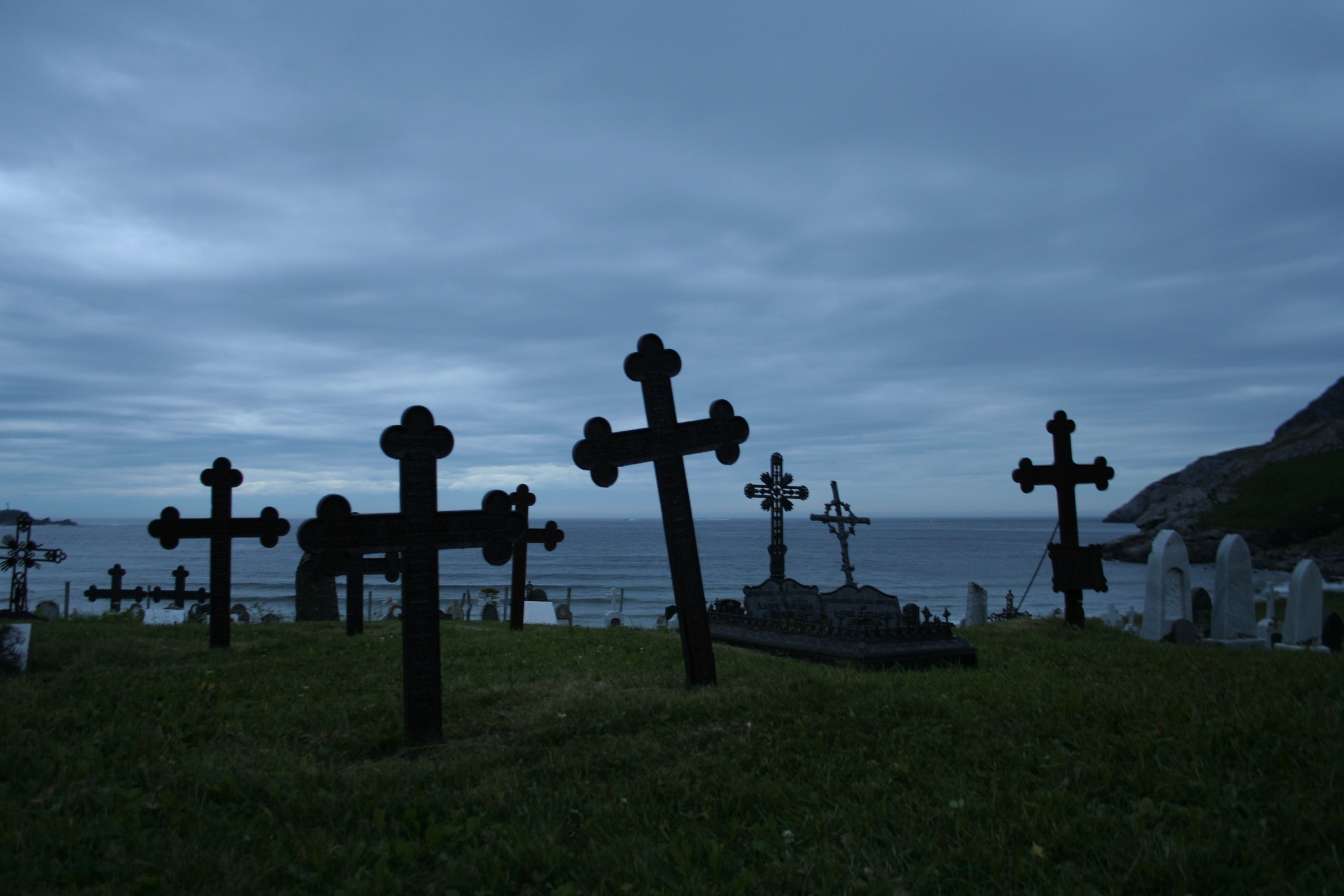Going into this class, I felt a mixture of nervousness and excitement. I knew that I would be reading and analyzing texts as I had done in past English classes, a familiar task well within my comfort zone. I also knew that I would have to perform scenes from several of Shakespeare's most famous plays, a task that shook me to the pit of my soul. The idea of memorizing a character's lines and performing them for Mr. Kiczek was not foreign to me. In fact, it reminded me of my time on the Hearn, which was spent competing in the category of dramatic performance. There, I would memorize a scene from a movie or piece of literature and perform it in front of a judge. Here, it would be similar, as Mr. Kiczek acted as my judge. However, it was not only him who would judge my performance - it was the rest of the class.

Although my peers' judgment would not affect my overall grade, it would most certainly affect my attitude towards the class. Unlike my competitors in forensics, who I would only see once and whose opinions I did not value, I see my peers five days a week. For a while, I was worried that if I decided to put my all into performing, I would be labeled a try-hard. However, this line of thought changed when we attended a performance of
A Midsummer Night's Dream. Despite the fact that this play is one of Shakespeare's greatest comedies, most of us, including me, were skeptical about it being funny. Contrary to my expectations, the play proved to be a wonderful time. The play, a humble five man performance, was delivered in a minimalist fashion, relying on both the audience's imagination and the actors' abilities to immerse viewers in the world of
A Midsummer Night's Dream. In between these periods of immersion, I noticed that my classmates were enjoying themselves just as much as I was. It was then that I realized they would not judge me for trying hard when performing in class as they were equally, if not more, passionate about this course.
Finally, it all came down to our performance -
The Tempest, Act II, Scene I. Assigned the role of Antonio, I was nervous. I was no longer nervous regarding my classmates' judgement, but I was nervous to perform in front of not only Mr. Kiczek, but Ms. Reisig, Ms. Miller-Lewis, Mr. Dee, and several other teachers. It was a daunting experience, and I felt my nervousness surface whenever I looked over my script. Unlike forensics, if I messed up in front of these people, I would have to relive the moment of shame every time I passed one of them in the hallway. So I did the only thing I could - I practiced. I practiced in class with my group, I practiced at home after my commute, I practiced in the shower, and I even practiced in my sleep. I would not allow this assessment to tarnish my reputation. On the day of the performance, I was no longer nervous. There was no point by then, as all I could do was my best, and if I did feel nervous due to the presence of additional teachers, I'd power through it. Fortunately, it seemed that God was smiling upon me, as my group was not able to perform in class due to time-constraints. As a result, we performed after school in front of Mr. Kiczek alone. Without the possibility of embarrassing myself in front of any teacher other than Mr. Kiczek, I was filled with confidence. I poured my heart and soul into the delivery of my lines, filling each syllable with vapid amounts of emotion. It was one of my proudest moments I have ever had in an English class.
Then, we were done. Cut short thanks to the Regis Repertory's insistence on using the stage, Mr. Kiczek signaled our end, and that was that. Similar to how the audience's applause freed Prospero from the island at the end of
The Tempest, Mr. Kiczek's words of approval signified the end of our last Shakespeare class. In T.S. Eliot's poem, "The Hollow Men," the final stanza reads:
"This is the way the world ends /
This is the way the world ends /
This is the way the world ends /
Not with a bang but a whimper."
Although you can say that's how this class literally ended for me and my group, not with raucous applause but with the brief dismissals of "happy Thanksgiving" being thrown at each other, it was quite the contrary. This class ended on a great high note. It helped everyone break out of their respective comfort zones and test their acting abilities. In doing so, everyone learned a bit more about themselves, and there can be nothing further from a whimper than that.









